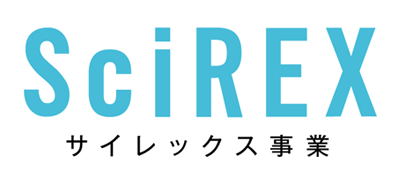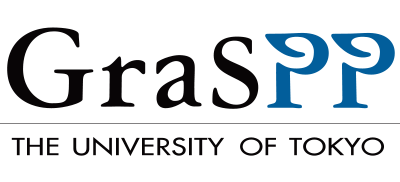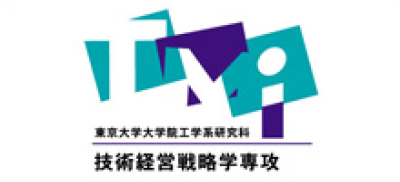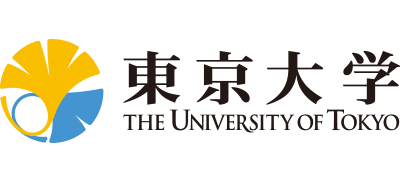The 22nd Policy Platform Seminar
“Fishing for complementarities: Competitive research funding and research productivity”
Guest:Dr. Cornelia Lawson
Science, Technology and Society Priority Group, University of Nottingham, UK
Bureau for Research in Innovation, Complexity and Knowledge (BRICK), Collegio Carlo Alberto, Italy
Date/Time: June 2 (Mon), 15:00 – 16:30
Venue: School of Law Bldg., 2F 204, The University of Tokyo
Hosted by Science, Technology, and Innovation Governance(STIG) Education Program
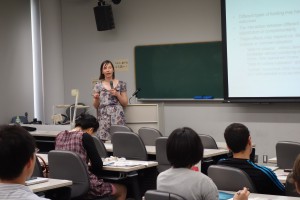
Abstract:
In most countries in Europe, where universities have primarily been financed through block grants, governments have introduced or increased the amount of funding distributed through competitive funding schemes. Additionally, shrinking public research budgets meant that researchers are increasingly encouraged to look for funding elsewhere, e.g. source funding from industry and other sponsors. This paper empirically investigates complementarities between different sources of research funding with regard to academic publishing. From the sample of UK engineering academics, we find that competitive funding is associated with an increase in ex-post publications but that industry funding decreases the marginal utility of public funding by lowering the publication and citation rate increases associated with public grants. However, when holding all other explanatory variables at their mean, the negative effect of the interaction does not translate into an effective decrease in publication and citation numbers. The paper also shows that the positive effect of public funding is driven by UK research council and charity grants and that EU funding has no significant effect on publication outcomes. In addition to these results from UK data, cases of Germany and Italy will be discussed in this seminar.
CV:
Dr. Lawson joined the University of Nottingham in 2013 as a research fellow of the Science, Technology and Society Priority Group. She also has been affiliated to the Bureau for Research in Innovation, Complexity and Knowledge (BRICK), Collegio Carlo Alberto, Italy since 2010. Dr. Lawson was awarded a PhD in Economics from City University, London, in January, 2011 with a thesis on university-industry collaboration. Her main areas of research interests include science and innovation policy; university-industry-collaboration and academic patenting; researcher mobility and careers in academia; interdisiplinarity and thematic mobility; and so forth.
http://www.nottingham.ac.uk/sociology/people/cornelia.lawson
References:
*Hottenrott, H. and Lawson, C. (2014) Research grants, sources of ideas and the effects on academic research, Economics of Innovation and New Technology, 23 (2), 109-133.
*Hottenrott, H. and Lawson, C. (2013) Fishing for Complementarities: Competitive Research Funding and Research Productivity, ZEW Discussion Paper 13-113.
*Lawson, C. (2013) Academic patenting: the importance of industry support, Journal of Technology Transfer, 38(4), 509-535.
06.02.2014
